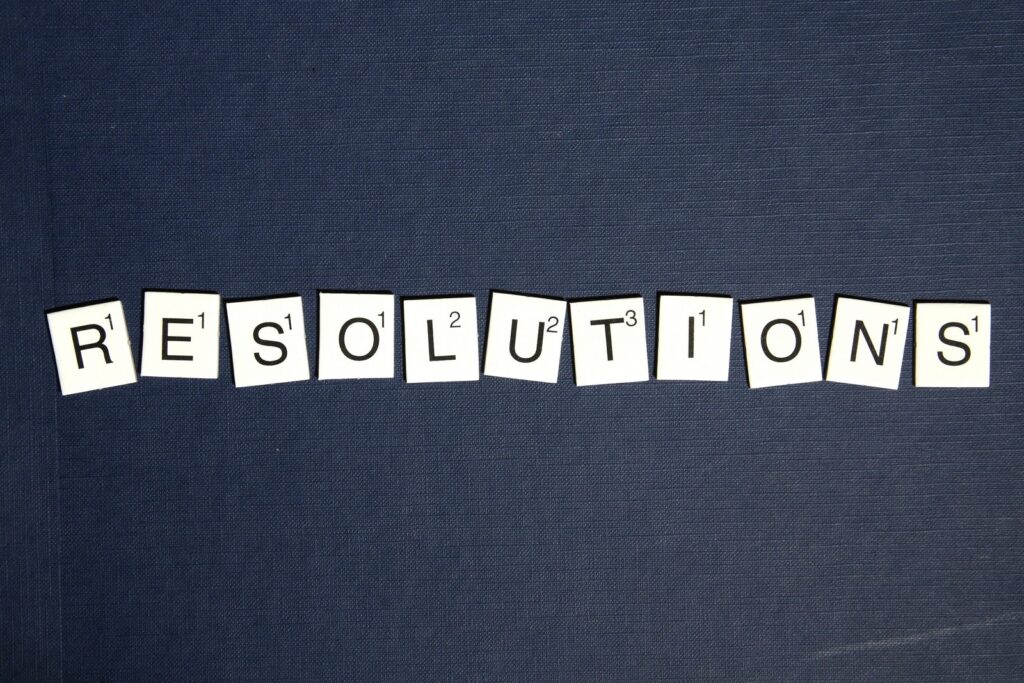Setting goals, fencing and otherwise

This post has been updated and re-posted from an earlier version.
It’s been a while since I’ve written about goals. Goals are something that are always on my mind in one form or another. I revisit them frequently, set out plans to achieve them, and often completely overhaul them. Sometimes I forget them for a time, get lost into the activities themselves, or just find myself drifting along, but I can’t go far without popping my head up and wondering where I am and where I’m going.
It wasn’t always this way for me. I had to learn about goal setting and then about goal achievement. Academie Duello has certainly been a product of that and is still a product of that. Not that I first set out imagining a centre for swordplay, in fact the first imagining of Academie Duello was simply a fencing studio on a second floor somewhere with enough room for swords and some good friends and students to keep my fencing soul satisfied.
Needless to say I’m a big advocate of setting goals and I believe that part of participation in a martial art is goal setting and achievement. It’s about learning what you’re capable of and having a community that supports and celebrates that achievement.
Goals
Lets make a little map. You are at the centre, around you there is a ring (could be big or small) that represents what you KNOW you can achieve. Generally this includes things you have done before, so you have evidence they can be done.
Now draw a further ring outside the know-you-can ring. This ring represents what you Believe you’re capable of. You haven’t been there before, so you don’t Know you can get there but you believe that you have the ability or can develop it and you’re willing to put the work in and take a few knocks on the way.
This believe-you-can ring is the ring of goals. Beyond this ring is the realm of your dreams. Every time that you set a goal in the believe-you-can ring, and then achieve it, your know-you-can ring gets bigger. When the know-you-can ring gets bigger it pushes the believe-you-can ring outward so that it reaches a bit further toward your dreams and more of those dreams enter the realm of what you believe.
So put some thought toward your dreams, then drop some goals into your believe-you-can ring. Make the goals measurable and succinct and make sure you believe you can do them. Don’t worry about making them too small, you don’t have to stretch to the extremes of the believe-you-can ring, even just past the know-you-can ring is great—perhaps better. Once you have a goal set, move to the next step: Planning.
Plans
Once you’ve got a goal, you need a plan. A plan is another important part of setting a goal apart from simply being a dream. Good plans have a few elements:
1. A Strategy – A general description of how you can get from where you are to where you’re going.
2. A List of Activities – What are the specific things you are going to do to implement your strategy. In its simplest form its a series of steps, and the most important step is the next one you’re going to take.
3. A Schedule – When are you going to make time for the activities? When will your goal be achieved? When will your major activity times take place? I recommend blocking time everyday or a specific chunk out of your week to do your activities.
4. A Disciplined Rhythm – Something little you’re going to do every day or every week that will help you move forward on your plans. Rhythm is also about enjoyment, about taking pleasure in the little steps and the satisfaction of the journey.
Here’s an example of this breakdown from my own fencing goals (slightly abridged):
Goal: Achieve masterful application of all of AD core weapons. (I have some sub-goals with specific dates.)
Strategy: Train everyday. Attend workshops and learn from others as much as possible. Build other high level practitioners who can challenge me at a greater level.
Activities: When I first set the goal my first activity was to set a training schedule. Now on my list are books to read, forms I want to gain proficiency with, to-do items to book my attendance at particular workshops, and training priorities.
Schedule: I have blocked a training time for every day of the week (except Wednesday, my rest day) and I have scheduled someone else to join me in the training to help keep me on track. I have also set a theme for each training day.
Disciplined Rhythm: Train a minimum of five minutes everyday – Do slow work or sparring at least once each day I’m at the school. If I have to miss my scheduled training time, or I don’t make time during my week, I know that I’ve always done even just a little bit in the direction of my goals. It helps keep it all fresh in my head and helps me break the inevitable inertia that sometimes comes between me and big or intimidating goals. What’s five minutes? I can do that, even just before bed.
Accountability, Support, and Celebration
Share your goals with those around you. Its inspiring to hear about other’s goals, it makes the goal and the plan more real, it adds accountability, and I guarantee nearly everyone would love to help you somehow.
Just as I schedule training times with others to help hold me accountable, I find people with similar goals who will partner with me around mutual achievement. It’s like having a gym buddy.
Finally make sure to take the time to celebrate, and do it frequently. And don’t just celebrate your results—celebrate your efforts. Took five minutes to practice fencing? Give a cheer, do a dance, or just savour the activity itself. Struggled through learning a new language, who cares if your pronunciation isn’t any better, you’re taking an active move toward something you dream about. That’s beautiful and a whole lot more meaningful than watching more TV.
I was inspired to write this post because I want to encourage more people at Duello to set goals for themselves. Everyone should have a goal or purpose for coming to class everyday. It could be a fitness goal, a sparring goal, a learning or rank achievement goal. If you have a goal but are feeling frustrated, then focus on your rhythm and efforts more than the result, celebrate more, and by and large get some help and support from me, your instructors, and your fellow students.
I’d love to hear about your goals. Fitness, martial, or otherwise. What’s your daily or weekly rhythm? Share them here in the comments for others to see!
Devon




Responses